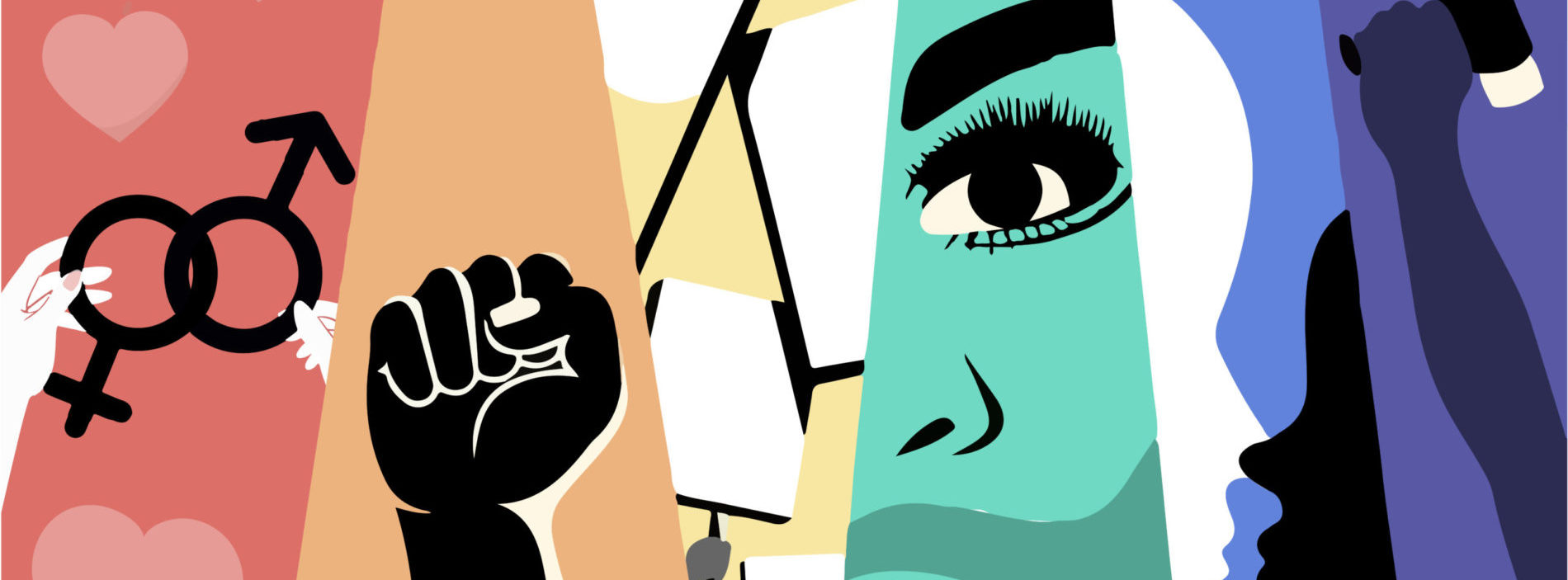The role of gender in modern Africa.
Apr 12, 2023
This essay discusses the role of gender in modern Africa. There is a long history of gender-based inequality and violence across the African continent, which has been exacerbated by colonialism, racism, and economic disparities. In recent decades, however, there have been significant efforts to address this inequality, particularly at the policy level.

Gender roles are embedded in traditional African cultures, with different sets of expectations for men and women. In some societies, there is a social hierarchy that places more power and responsibility on males than females. This can manifest in unequal access to resources and legal recognition of rights. Women are also often excluded from decision-making processes and denied economic opportunities.
On the other hand, modern Africa has seen many positive developments in terms of gender equality. Laws have been passed which guarantee women’s basic human rights, such as their right to own land or access education. Governments have begun taking steps to tackle gender-based discrimination in employment by introducing quotas and affirmative action policies.
In addition, organizations like UN WOMEN have been working hard to empower African women through programs that promote economic independence, healthcare access, and educational opportunities. These efforts have resulted in notable achievements in recent years, such as an increase in female representation in parliament.
Overall, gender roles are still largely traditional in many parts of Africa. However, steady progress has been made towards reducing inequality and improving the lives of women across the continent. With continued support from governments and international organizations, this trend is likely to continue.
The key to achieving true gender equality lies not only with policy-makers, but also with individuals. Social norms can be slow to change, but it is possible for African people to challenge existing stereotypes about gender roles within their own communities. This includes challenging outdated perceptions of what is “acceptable” for men and women, and speaking out against any form of discrimination. Ultimately, it is only through recognizing the value of each individual that African society can begin to move forward.
